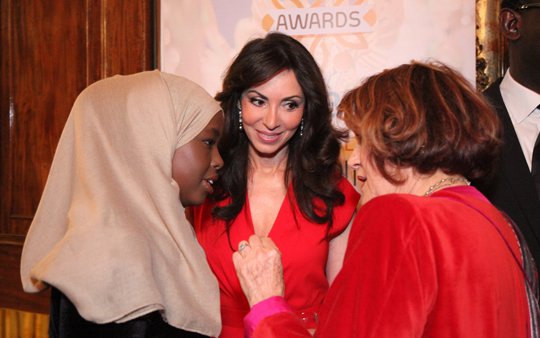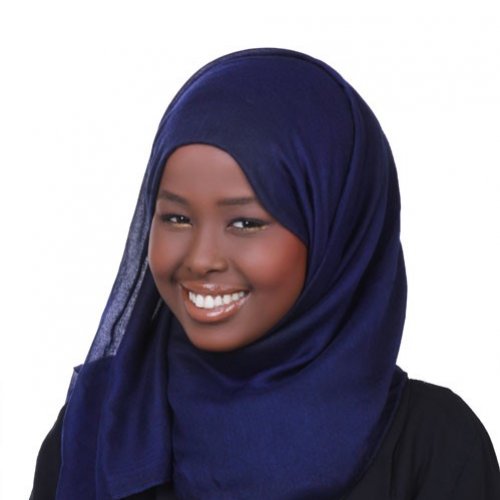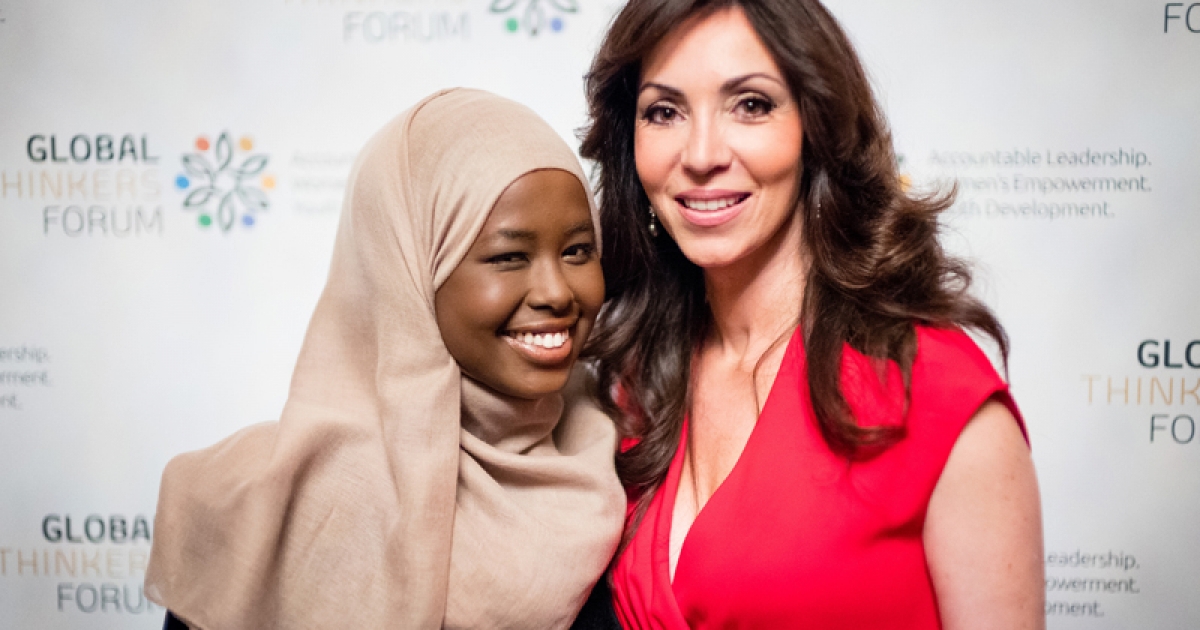“Each and Everyone of Us Is Unique and Important, and No-one Is Insignificant”
Manar is originally from the UK and lives in the UAE. She is 28 years old. She has gained several years of experience in the UAE both in Commercial Banking and Financial Recruitment. Both of these sectors have provided her with useful transferable skills such as negotiation, effective interpersonal communication, and problem-solving abilities, and her willingness to learn has pushed her to challenge herself with new and different projects or tasks. In her own words, her patience and excellent communication skills have aided her in understanding and conveying points of thought, both at work and socially.
Q. Tell us a few things about your country, and also your life's story!
A: London, where I grew up, is one of the most diverse cities in the world, with 44% of London consisting of ethnic minorities, making London home to the second largest immigrant population by city globally. I was fortunate to be was exposed to a wide array of cultures, religions, and languages. I have also lived in a number of different countries and cities, which, coupled with my background, has allowed me to connect and understand people from a wide range of different cultures and backgrounds.
Therefore, wherever I have lived, I instilled a sense of a collective responsibility for people in the communities that I have lived in.
Q . What is your view of the world as it is today? And how do you define the concept of a better world?
A: We are better connected (thanks to technology), and innovation is widespread. Great advancements have been made in terms of medicine and sciences, to name a few that being said, there are still many hurdles to overcome in order to create a better world. I believe that if we adopt a sense of collective consciousness, we can start to see others less as strangers. We can remove barriers between communities and introduce open dialogue to remove fear and anger, which can eventually lead towards social harmony.
In addition, and taking inspiration from Maslow’s Hierarchy of Needs, (based on the five needs from bottom to top being physiological, safety, love/belonging, esteem, and self-actualization), my concept of a better world is the following:
Basic: Ensuring that there is enough food, water shelter and healthcare and that the essential primary requirements are met for everyone. Access to such basic needs ensures reduction in poverty and inequality. Interestingly in this category, security and safety is also mentioned. To me, this is especially vital (and much more problematic) for women and girls in the developing world, where safety is of great concern.
Psychological: Here, a sense of belonging in terms of having a strong support system (e.g. friendship and family) is particularly important. However, this requirement is deeply personal and individualistic, hence, difficult to generalize. In my opinion, this need is universal in the desire to have deeper and meaningful connections.
Self-fulfillment: I believe that reaching one’s full potential (or society’s greatest fulfilment) cannot be achieved without dignity, morality and tolerance. Essentially, this means treating each other as equals with respect and a lack of prejudice.
This vision of a better world is certainly ambitious, but I do believe that this will lead to greater cohesive and sustainable societies in the future.
Q. What are some of the key challenges in your society?
A: A key challenge that I have seen in numerous societies as of late is a lack of community cohesion, particularly in big cities. Fear of what is different or misconceptions of ‘the other’ is rampant, community co-operation, social cohesion and trust has decreased, all leading to disconnection not just between communities but also within communities themselves.
I am a big advocate for community engagement, as I have been raised in communities that are very different to my culture, and have seen the benefit that diversity and a sense of belonging and inclusion can have.

Q. As a young individual what are a few of the hurdles that you had to overcome up until today?
A: I have faced a number of big hurdles and difficulties and have defied many stereotypes, but I have never allowed difficulties to limit me as it is adversaries that have made me resilient and taught me to stay humble. I take every obstacle/problem as a learning opportunity because part of life is not what difficulty comes your way, but how you deal and overcome it.
Q. Why is the role of a mentor important for you?
A: A mentor plays a significant role for several reasons. In my experience, the mentors that I have had have provided me with invaluable knowledge, advice and most importantly, motivation and encouragement. They have truly wanted to see me succeed, broadened my thinking and have pushed me to experience/tackle new challenges. Personally, as someone who has been mentored and become a mentor, I have benefited greatly from both roles. As a mentee, the above has certainly been true.
I have also had the pleasure of being a mentor to female students, both at work and socially. I have seen them transform with newfound ambition and drive, and have had great joy in instilling in them confidence and courage.
Q. Do you have a lesson that life has taught you and you would like to share?
A: Life has taught me to always be curious, and to continuously learn and gain knowledge. I believe it is important to be a life-long learner in whatever way one chooses to learn, as it broadens one’s horizon. For me, I choose to learn by meeting and forming authentic connections with people from diverse backgrounds as in my opinion, it removes preconceptions/prejudices and stereotypes. Simply by interacting with people from different backgrounds I discover new cultures, social norms and view the world through a different lens. Also, I have learnt to be grateful, no matter what situation or adversity I am experiencing as the resources available to me are vast compared to the majority of the world.
Q. Name a project, a foundation or a person in your country that you think is doing great work in helping improve other people's lives!
A: There are many unsung heroes that are positively contributing to improve the lives of people in the community.
In the Middle East (where I currently reside), the team at Senses, a non-profit Residential and Day Care Facility for Children and Young Adults with Special Needs are inspirational. This amazing centre looks to provide rehabilitative therapies, educational programs, and round-the-clock care for those who reside at the centre. Senses specifically cater to orphans or children from low-income families, realizing the need to help the disadvantaged youth in the community.
In London, there are a number of women in my family and the general community who have dedicated their lives to help others. They have immense courage and are greater than the conditions to which they were born into (especially since they have had incredibly challenging lives), and have never allowed their struggles to define or limit them, but instead, to fuel them by helping others. They tirelessly raise funds for the sick and the needy around the world and have taught me that kindness and generosity know no geographical boundary.
Q. Share with us a phrase, a poem or a story that you love or you find interesting!
A: It is difficult to narrow it down to one phrase, but a phrase that finds incredibly inspiring is by the 13th Century Poet Rumi, who said “You are not a drop in the ocean. You are the entire ocean in a drop.” To me, this phrase is universal. Each and every one of us is unique and important, and no-one is insignificant. Embrace your uniqueness!



